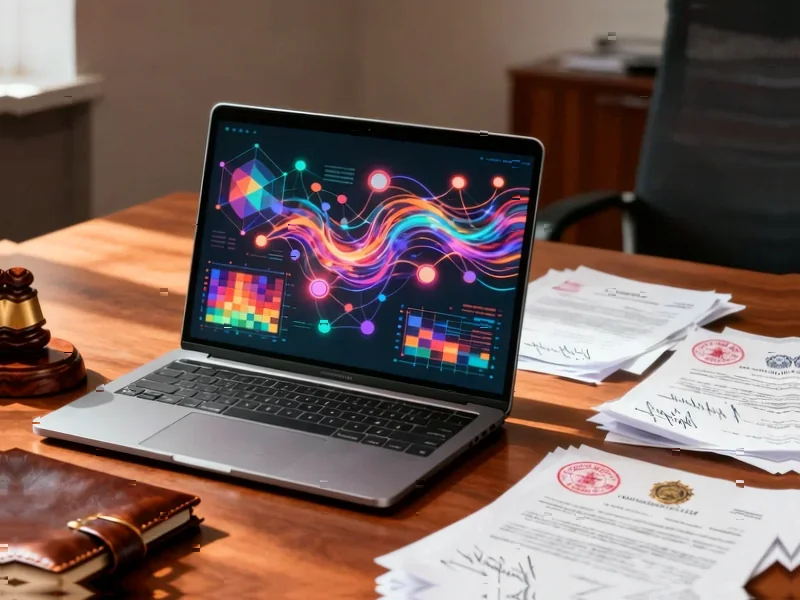According to engadget, Australia’s Communications Minister Anika Wells just announced that Reddit and streaming site Kick will be included in the country’s under-16 social media ban starting December 10. They’re joining the previously announced lineup of Facebook, X, Snapchat, TikTok, YouTube and Instagram. The legislation passed in late 2024 and puts the responsibility squarely on platforms to police underage users. Companies that don’t take reasonable steps to block under-16 access face massive penalties up to AU$49.5 million (about $32 million). Australia considers this list just a starting point and won’t rule out adding more platforms later.
The platform responsibility shift
Here’s what’s really interesting about this approach: Australia is completely flipping the script on who’s responsible for keeping kids off social media. Instead of putting the burden on parents to monitor their children’s online activity, the government is making it the platforms’ problem. And they’re backing it up with serious financial consequences – we’re talking nearly AU$50 million per violation. That’s not pocket change, even for tech giants.
The YouTube drama
Remember when YouTube initially got a pass because it was considered “educational”? Yeah, that didn’t last long. Other companies on the list apparently protested, basically saying “if we have to jump through these hoops, why does YouTube get special treatment?” So Australia caved and added them to the ban. It’s a reminder that when governments start drawing lines in the sand about what counts as “educational” versus “entertainment,” things get messy fast.
What’s coming next
Look, this list is clearly just the beginning. The government has already named Discord, Twitch, GitHub and Roblox as platforms they’re considering adding. But here’s the million-dollar question: where does it end? Basically, any online service where people under 16 might congregate could potentially find themselves on this list. The Communications Minister’s statement about “predatory algorithms” and “toxic popularity meters” suggests this is about much more than just age verification – it’s a fundamental critique of how social platforms operate.
And let’s be real – enforcing this is going to be incredibly challenging. How exactly do platforms prove they’re taking “reasonable steps” to block Australian children? We’re probably looking at a future where age verification becomes much more intrusive, and the debate about privacy versus protection gets even more heated. This Australian experiment could become a blueprint for other countries wrestling with the same issues.




